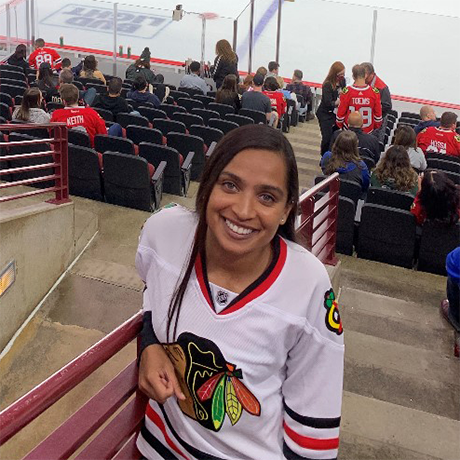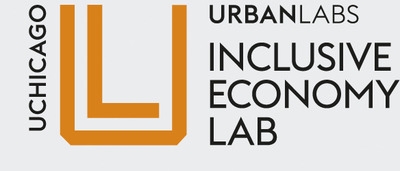The Inclusive Economy Lab at the University of Chicago leverages data analytics and leading research to help policymakers, organizations, and communities co-generate impactful solutions to the most challenging problems. In recent years, the IEL has grown so quickly that it has had little time to stand up the internal infrastructure needed to support its future. Through my fellowship, I supported the IEL on both external and internal projects: I partnered with the City of Chicago to design an Equity and Resiliency Dashboard that would help guide future policy decisions and also created sustainable, internal processes that would support the future success of IEL.
For the first time in over 50 years, the City of Chicago has set out to create a citywide plan.
In order to successfully incorporate equitable policies into this plan, Chicago set out to create an Equity and Resiliency Dashboard that pulls together key metrics for which policy creation and success could be tracked against. I collaborated with the City’s Deputy Policy Director to create a coalition of local non-profits that are data-forward. Together, this coalition selected and developed key metrics that would be important markers of progress in Equity and Resiliency. I met with Policy Directors of peer cities who had similar initiatives, designed the dashboard, and helped secure funding and find a vendor who would be able to make our vision a reality. Soon, this dashboard will be launched and used as a guide for City decision making, and help citizens hold the City responsible to creating policies that are equitable.
In addition to partnering with the City of Chicago, I utilized my consulting skills to help improve the Finance and HR operations of the lab. I worked with the Finance Manager to standardize all grant requests and management processes by creating standard, dynamic templates to streamline monthly and quarterly reporting. The rapid financial success of the IEL has also come with an increase in personnel. In order to improve the employee experience, I helped create structure around the onboarding process and provided guidance on compensation and promotion structures. Creating the internal infrastructure enabled some of the more manual tasks to be automated, thereby giving the Operations team additional time to think more strategically about how to best position IEL for future success.
Through my Nonprofit Fellowship, I leveraged my consulting experience to have a meaningful impact on both the IEL’s internal processes as well as the work of one of its major partners, while also learning about the impact data analytics can have in creating social change. This project has inspired my interest in the intersection of business and social impact, and I am so thankful that Oliver Wyman provided me with the opportunity to give back to my local community


